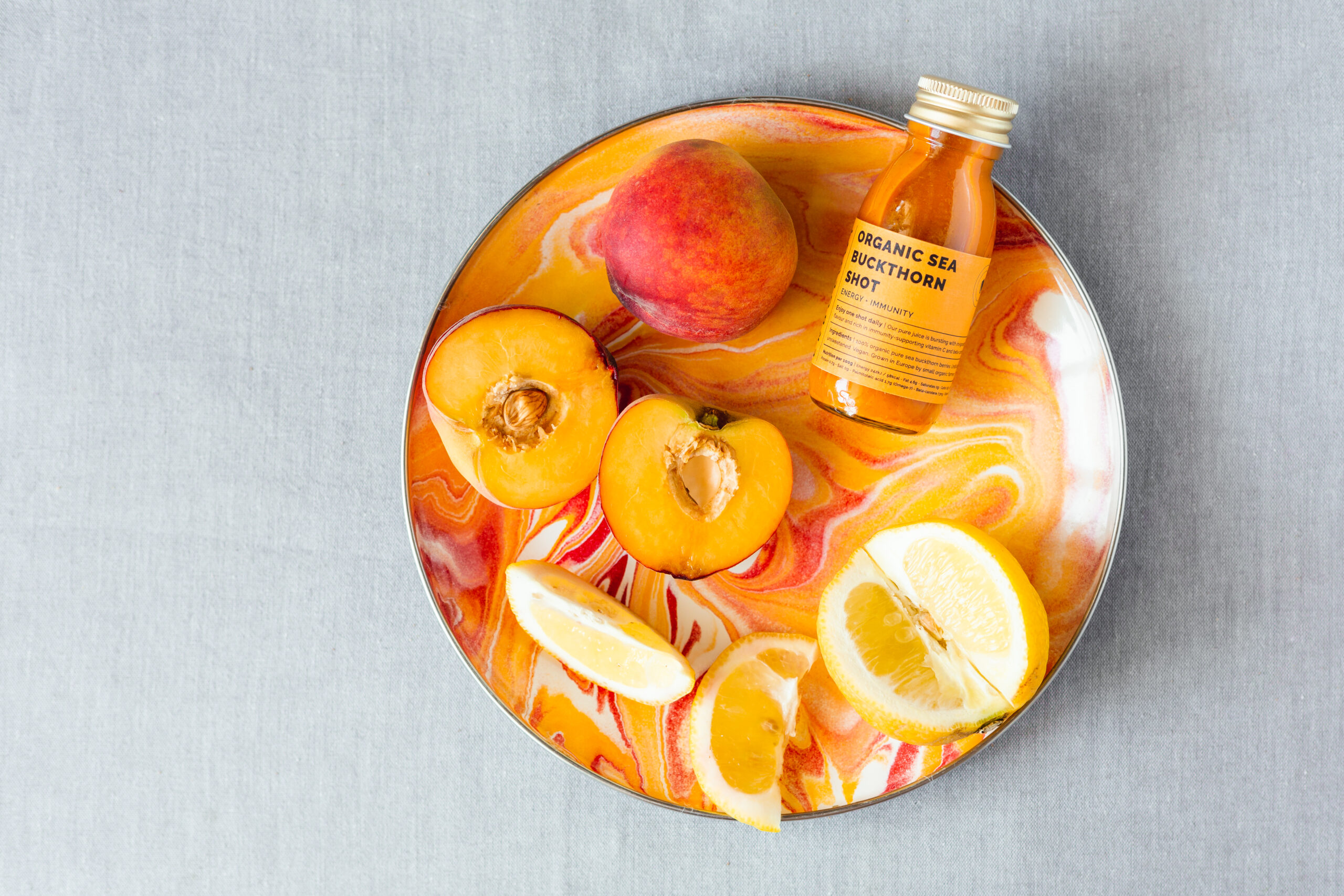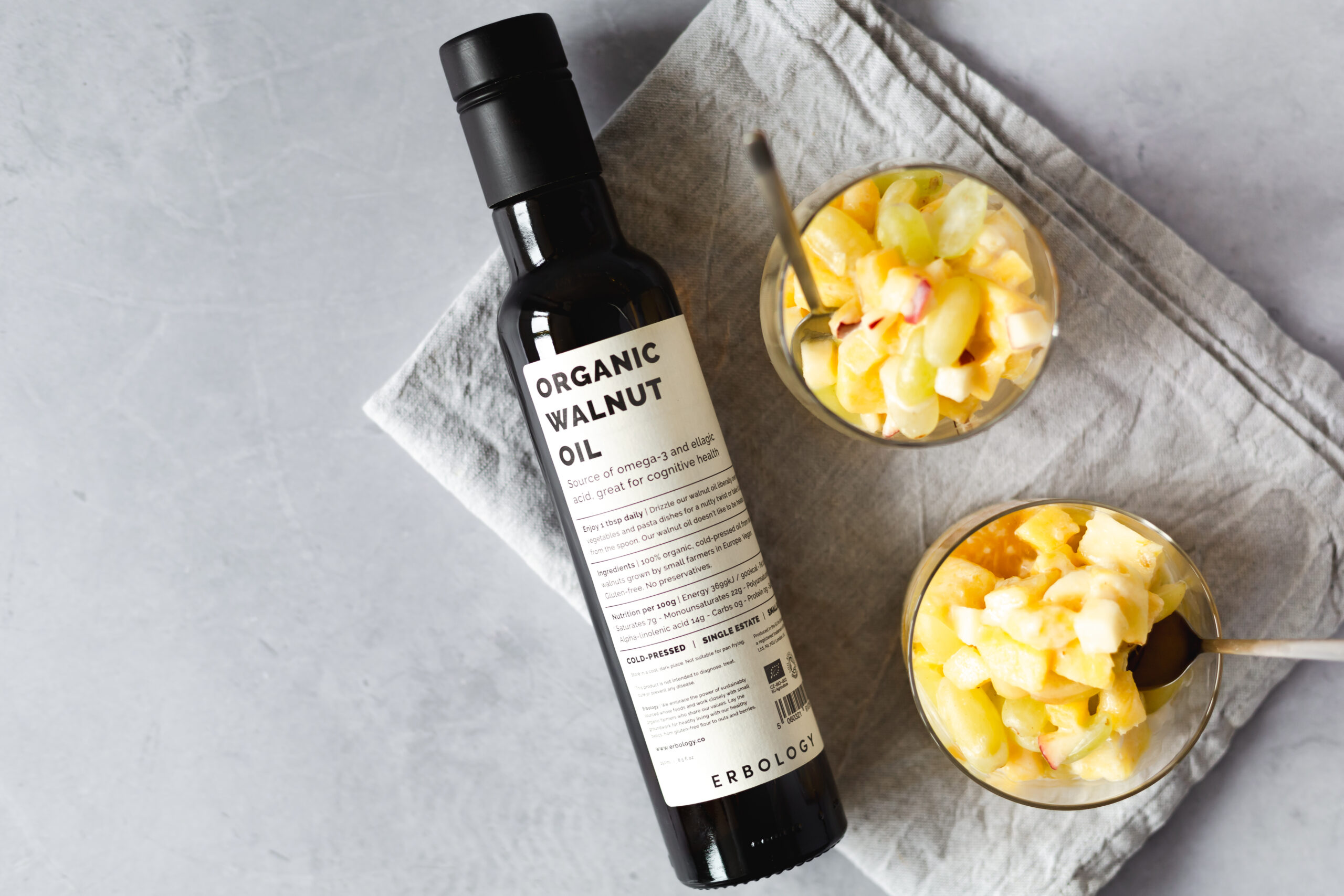
Many people take multivitamins every day in an attempt to boost their health and stave off disease. But do these supplements live up to the hype? In this article, we investigate the evidence for the supposed health benefits of multivitamins, plus suggest some more effective ways to improve your wellbeing.
February 13, 2023 3:09 pm February 13, 2023 2:35 pmWhat are multivitamins?
Multivitamins are among the most commonly used supplements in the world. Unlike many other types, they combine a selection of different nutrients into one tablet or capsule. This includes vitamins such as A, C and D, as well as minerals like iron, zinc, calcium, and magnesium. As such, they’re popular with people who want to boost their overall health, rather than counter a specific deficiency.
There’s no strict rule about exactly which nutrients multivitamins must contain, or how much of them. This means they tend to vary by brand and product. Some are marketed at specific groups, for example multivitamins for women or multivitamins for vegans. Others simply target anyone who wants to enhance their wellbeing.
Multivitamins often claim to provide a broad array of benefits. These range from reducing fatigue and improving your skin to boosting the immune system and building healthy bones. But is there any truth to these assertions?
Unfortunately, as we’ll discuss below, the evidence is somewhat mixed. One thing we can say for certain is multivitamins are not a substitute for eating a healthy and balanced diet. Handy though it would be, we cannot get all the nutrients we require by just taking multivitamins every day. They cannot fully compensate for a poor diet or unhealthy lifestyle.
So, does that mean there are no health benefits of multivitamins whatsoever? Not necessarily. Let’s take a closer look.
What are the benefits of taking multivitamins?
So, are multivitamins good for you? And if they are, in what way can they improve our health? Well, at this stage, the jury is still out on a lot of the potential benefits of multivitamins.
Studies indicate that multivitamins can be helpful for ensuring that people meet their nutritional needs when it’s not possible for them to get vitamins and minerals through their diet. However, for those able to obtain the necessary nutrients from food, multivitamins don’t appear to confer any additional advantages.(1)
To explore this further, we’re going to focus on four of the principal benefits people hope to get from multivitamins. We’ll examine whether the evidence suggests multivitamins can protect against heart disease, cancer, vision loss, or mental decline. We also discuss some more effective methods to achieve these goals.
Do multivitamins work to prevent heart disease?
Heart disease encompasses a wide range of cardiovascular conditions, and is one of the leading causes of death worldwide. Therefore, it’s understandable to want to do what you can to protect the health of your heart. However, the evidence is mixed as to whether multivitamins are able to help with this.
For example, one of the most comprehensive studies into the benefits of taking multivitamins is the Physicians’ Health Study II. This revealed that the supplements offered men no protection against heart attacks, strokes, or death from cardiovascular disease.(2) However, another reputable study found that women who had taken multivitamins for over three years had a reduced risk of dying from cardiovascular disease.(3) Further research is necessary to clarify whether this is one of the genuine benefits of multivitamins for women or not.
There are often difficulties ascertaining exactly what advantages multivitamins confer. For instance, this could be because people who use supplements also take other actions to boost their health. Conversely, they may only begin taking multivitamins because they have noticed a decline in their wellbeing.
Do multivitamins work to prevent cancer?
When it comes to cancer, the evidence regarding the benefits of multivitamins is even murkier. Several studies have found that taking multivitamins has no effect on the risk of developing different types of cancer.(4)
More worryingly, other research indicates that they could actually raise the risk of some people developing certain forms of cancer.(5) For example, evidence suggests that multivitamins might increase cancer mortality for male smokers. On the other hand, results from the Physicians’ Health Study II show that multivitamins may lower men’s overall cancer risk.(6)
Overall, there is no clear-cut proof that multivitamins can work to stave off cancer. Moreover, there’s also a chance that taking them could be risky for some people. Conversely, the evidence supporting lifestyle changes like doing exercise and eating healthily as ways to reduce your likelihood of getting cancer is far stronger.
Do multivitamins work to boost eye health?
Researchers have found a modest amount of evidence to suggest that multivitamins could help support our vision and eye health.
For instance, studies indicate that one of the benefits of taking multivitamins is they reduce your chances of developing cataracts.(7) Likewise, they may additionally defend against age-related macular degeneration.
Both of these are common eye diseases that can lead to blindness, suggesting that multivitamins could help protect our vision. However, as with the other health conditions discussed, further research is required to clarify these results.
For more natural ways to care for your peepers, consider tucking into foods rich in vision-friendly nutrients. Leafy greens are a great source of lutein and zeaxanthin, while carrots and sea buckthorn berries are bursting with beta-carotene. These all help to keep your eyes healthy.
Do multivitamins work to protect your brain and prevent mental decline?
Most of us are just as concerned about our cognitive health as we are about our physical health. So, is improved brain health one of the benefits of multivitamins? As you’ve probably already guessed, the answer is still being debated.
There are studies which suggest multivitamins could help enhance memory in older people who are at risk of cognitive decline.(8) Research additionally indicates they could reduce anxiety and perceived stress in healthy young people.(9) This is important because both stress and anxiety can damage the brain and impair cognition function.
Yet other studies – including the Physicians’ Health Study II – have found no evidence that multivitamins protect against cognitive decline. Therefore, it’s difficult to say conclusively whether taking them to heighten your brain functions is worth the money.
A more effective technique is to concentrate on including delicious brain-friendly foods such as berries and nuts in your diet. For example, add a drizzle of walnut oil to your favourite meals to improve your memory and boost cognitive performance.(10)
Related reading
"For most people, it’s more effective to get the nutrients we need from food rather than by taking multivitamins. Supplements cannot compensate for a poor diet or unhealthy lifestyle."
Are there any risks to taking multivitamins?
If you’re thinking about taking multivitamins benefits are not the only factor to consider. It’s also important to ask whether there are any risks involved. Although experts generally judge them to be safe, there are a few concerns to be aware of.
For instance, when it comes to certain vitamins and minerals, it’s possible to have too much of a good thing. Very high levels are sometimes harmful, so take care not to overdose. This is particularly relevant if you’re taking other supplements alongside your multivitamins. Fat-soluble vitamins like A, D and E can accumulate in the body and cause toxicity.(11) Likewise, excessive doses of minerals such as iron may result in damaging side effects.
Looking at the issue from another perspective, people sometimes use multivitamins as an excuse not to live more healthily. It’s far easier to simply pop a pill than to begin a strict new exercise regime or transform your diet. However, the scientific evidence is clear – lifestyle changes are much more effective than multivitamins at boosting physical and mental health. If you’re interested, you’ll find some top tips in the sections below!
Finally, if you’re pregnant or have an existing health condition, it’s advisable to consult your doctor before taking multivitamins. The same is true if you are currently on any other form of medication. This will help ensure you don’t experience unwanted side effects or interactions.
None of this is to say that multivitamins can’t be part of your health strategy. Just make sure that taking them isn’t the only thing you do to support your wellbeing. And if you do choose to use multivitamins, always buy from a reputable company you can trust.
Better ways to get the vitamins you need
If you’re concerned about getting all the nutrients your body needs, there are more effective methods than taking multivitamins. For the vast majority of people, it’s preferable to acquire vitamins and minerals through your diet rather than supplements. There are several reasons why.
For starters, multivitamins and other supplements isolate specific nutrients. However, when you get those nutrients from whole foods, you consume them alongside numerous other natural compounds like flavonoids. These can then work synergistically in your body, bringing you greater health benefits.(12)
Similarly, unlike the natural nutrients in food, those in multivitamins are generally synthetic. Research suggests that this may impact the ease with which our bodies are able to absorb them. As an example, studies indicate that we can absorb natural vitamin E twice as easily as the synthetic version.(13)
All of this means that it’s normally more effective to get your nutrients from food rather than multivitamins. The best way to do so is by following a diet that’s rich in wholesome ingredients. These include fruit, vegetables, whole grains, legumes, nuts and seeds.
Are there specific nutrients you’re worried that you might not be getting enough of? Instead of reaching for a multivitamin, try utilising ingredients that provide them in abundance. For instance, hemp seed oil is a fantastic source of omega-3 and 6 fatty acids, as well as vitamins E and D. Meanwhile, sea buckthorn powder is high in beta-carotene, folate, and vitamins C and E.
This is not to say that multivitamins can’t be useful in countering deficiencies or help with specific medical conditions. It simply means that, in most cases, they’re not the best way to obtain the nutrients we need.
Other effective ways to give your health a boost
Eating a balanced and nutritious diet is among the most important things you can do to improve your health. Yet it’s not the only one. Here are some other top tips for steps to take if you want to enhance your physical and mental wellbeing:
- Exercise regularly. Whether it’s walking, yoga, running, spin class or dance, staying active has a whole wealth of benefits. These include improving your mood, helping with weight loss, reducing fatigue, and boosting brain function. It also lowers your risk of developing a range of chronic diseases, from diabetes to heart disease and cancer.
- Drink plenty of water. Staying hydrated helps your brain and body to function at their best, enhancing everything from memory to athletic performance.
- Ditch unhealthy habits like drinking too much alcohol or smoking.
- Make it a priority to get 7-9 hours of good quality sleep every night. This not only enhances our cognitive functions, but it also supports the health of your heart and immune system. Being well-rested additionally improves our mood and physical performance.
- Don’t neglect your mental health. Making time for meaningful hobbies and quality time with loved ones can help reduce feelings of stress, anxiety, and depression. Similarly, including some form of mindfulness practice in your daily routine could be hugely beneficial. Try meditating or keeping a gratitude journal as an easy method to get started.
- Spend time in nature. This can lower blood pressure and heart rate, as well as improve your mood. Plus, getting sunlight on your skin is a great way to naturally boost your levels of vitamin D!
As you can see, there’s no need to rely on multivitamins to be healthy!
The final word on the benefits of multivitamins
While there may be some health benefits of multivitamins, the evidence to support these claims is inconsistent. What we can say with confidence is that they’re not a magic pill that will compensate for an unhealthy diet.
So before googling the best multivitamins for women, vegans or over 50s, consider how you could obtain those nutrients naturally. Eating a balanced and nutritious diet is a far more effective way to give your body what it needs. To truly optimise your mental and physical wellbeing, combine good nutrition with other top wellness tips. These include exercising regularly, prioritising sleep, and focusing on your mental health. Trust us, you’ll be glad you did!
Related reading
Latest articles
References
- Dietary supplements and disease prevention – a global overview Nature, 2016.
- Multivitamins in the prevention of cardiovascular disease in men: the Physicians’ Health Study II randomized controlled trial JAMA, 2012.
- Multivitamin-mineral use is associated with reduced risk of cardiovascular disease mortality among women in the United States The Journal of Nutrition, 2015.
- Multivitamin use and the risk of mortality and cancer incidence: the multiethnic cohort study American Journal of Epidemiology, 2011.
- Multivitamin use and mortality in a large prospective study American Journal of Epidemiology, 2000.
- Multivitamins in the prevention of cancer in men: the Physicians’ Health Study II randomized controlled trial JAMA, 2012.
- The effect of multivitamin/mineral supplements on age-related cataracts: a systematic review and meta-analysis Nutrients, 2014.
- Effects of a multivitamin, mineral and herbal supplement on cognition and blood biomarkers in older men: a randomized, placebo-controlled trial Human Psychopharmacology, 2012.
- The effects of an oral multivitamin combination with calcium, magnesium, and zinc on psychological well-being in healthy young male volunteers: a double-blind placebo-controlled trial Psychopharmacology, 2000.
- Beneficial Effects of Walnuts on Cognition and Brain Health Nutrients, 2020.
- Vitamin D Toxicity–A Clinical Perspective Frontiers in Endocrinology, 2018.
- Health benefits of fruit and vegetables are from additive and synergistic combinations of phytochemicals American Journal of Clinical Nutrition, 2003.
- Human plasma and tissue alpha-tocopherol concentrations in response to supplementation with deuterated natural and synthetic vitamin E American Journal of Clinical Nutrition, 1998.







Comments (0)